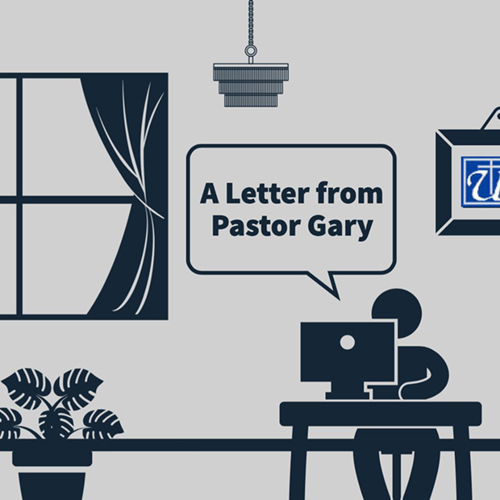
Henry Muhlenberg has been called “The Patriarch of the Lutheran Church in America.” Born, raised, and educated in Germany, Henry wanted to be a missionary to India. Instead he was sent as a missionary to Pennsylvania. God has a sense of humor: “So, you really want to be a missionary, eh? Well, we’ll see.”
Upon arrival, Henry did a rather quick assessment of Lutheran churches, then went to work organizing them and connecting congregations and what pastors there were with each other. He helped to establish the Pennsylvania Ministerium in 1748. It was the very first Lutheran body in America. Soon, churches from surrounding states were included in this body. A remnant of this body continued until 1969.
Pastors were few in those days and Henry took it upon himself to mount his trusty steed and visit congregations in Pennsylvania, Maryland, Virginia (which then included present day West Virginia), New York, and New Jersey. I preached in one of those churches in Harper’s Ferry, West Virginia. Even with modern interstates it is quite a trek from Muhlenberg’s home in Trappe, a town just outside of Philadelphia. Imagine making the trip by horse often following Indian and game trails!
Often Henry was met with tremendous enthusiasm. Occasionally people wept when being able to receive the bread and wine of communion, have their children baptized, sing hymns, and hear God’s Word preached. There seemed to be literally a great hunger and thirst for Word and Sacrament. Crowds relative to the size of the local population would gather, often outdoors to take part in worship. Henry would do his thing, then move on to the next locale. Sometimes it was years between visits of Henry or another pastor.
What, do you suppose, made people so eager, so emotional, so touched by this itinerant pastor’s visits? The time between visits had to be one reason. Yet, as I have gone through this pandemic with you and many others, we may have another thought as to what touched them so. Could it have been their isolation, out on the frontier, often with tremendously socially distanced homesteads? Remember, in Muhlenberg’s time period, Western Pennsylvania was seen as the West. George Washington, among others, bought land in this wild country thinking that someday people might actually move and live in what was seen as a hostile, wild, and scary place.
What have you missed as we have been apart nearly one year? The first Sunday in Lent of 2020 was the last in person worship in our sanctuary. Have you missed Holy Communion? Communal singing? Our fine choir and musicians in person where we can see their smiles as they inspire us with their singing? Do you miss Aiko’s warm smile as she plays and leads our music? Do you miss guests who seek us out? I know what you miss, perhaps most: the gathered community; people. We all know the children’s ditty, “This is the church, this is the steeple, open the door and see all the people!” It rightly expresses that for the church to be the church at its best, it needs people and it needs them together. No, we have not “closed the church.” The church remains open however differently it now operates. Yet it is not the same.
The people of Muhlenberg’s day eventually were able to build church buildings, call pastors, and worship as they had known before “back east” or in their former countries in Europe. No doubt they did so well they were able to establish Sunday routines and eventually even take some of it all for granted at times as though this was how it had always been.
Wouldn’t it be nice to once again have such routine and be able to take it all for granted? Maybe, just maybe, a small gift of the pandemic to us has been to give us a jolt out of complacency and routine. Maybe part of that gift can be to realize in our minds and hearts that what we often see as routine and ordinary, can be quite extraordinary in their ability to help us become the person who God created us to be even when we don’t even notice this might be happening.
The time of being together again will come. In the meantime, it is more than okay to miss those former habits and long for their return. It is okay to have ups and downs, joys and struggles. Like Henry Muhlenberg and his horse, making the rounds, and returning from time to time to be among God’s people, God keeps plodding on refusing to let a pandemic come between God and God’s people. (And good ol’ Henry, apparently did want to become a missionary.)
(As an aside: Two of Henry’s sons, both pastors, had key roles in our nation’s birth. Son Peter became a Major General in the Continental Army and was an aide to George Washington. Later he was a congressman in the US House of Representatives. There is a monument to Peter in Washington, DC. It was sculpted by one of his descendants. Following the adoption of the US Constitution, son Frederick, also a congressman, became the very first Speaker of the House for the newly formed United States House of Representatives)
